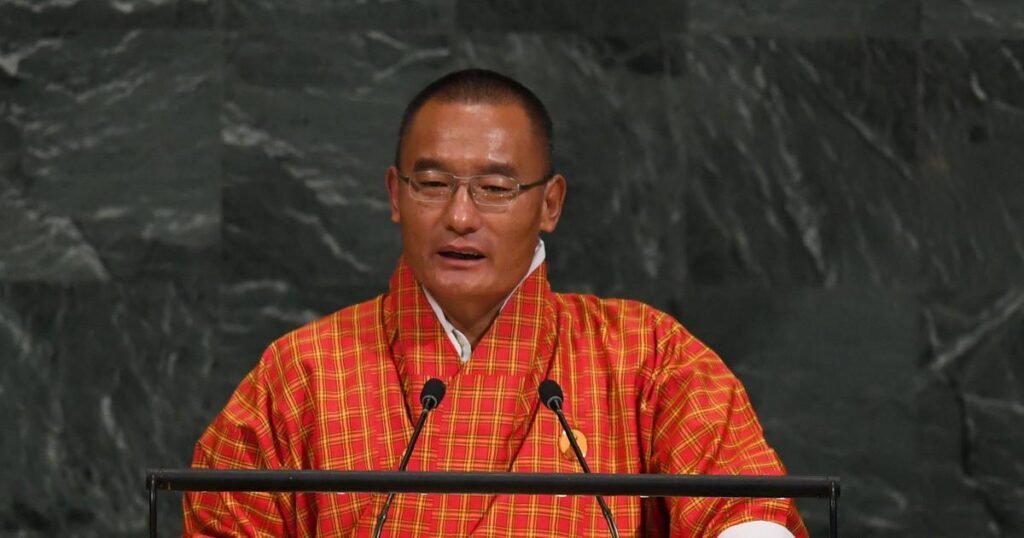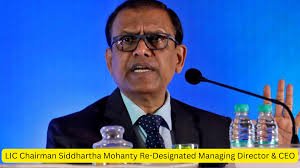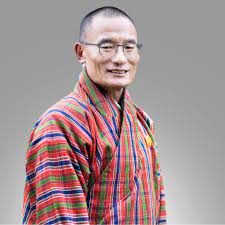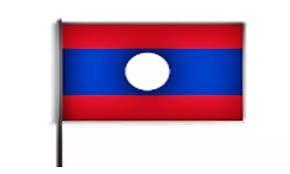Bhutan’s Tshering Tobgay Embarks on Second Term as Prime Minister after Fourth Free Election
Bhutan, the tranquil Himalayan kingdom renowned for its Gross National Happiness index, recently witnessed the re-election of Tshering Tobgay for his second term as Prime Minister. This historic event marks the culmination of the fourth free election in the nation’s journey towards democracy. The election outcome reflects Bhutan’s commitment to democratic principles and sets a significant precedent for emerging democracies worldwide.
Amidst the backdrop of the breathtaking Himalayan landscape, Bhutanese citizens exercised their democratic rights with enthusiasm and responsibility. Tshering Tobgay’s re-election underscores the electorate’s confidence in his leadership and vision for the country’s progress. His tenure has been characterized by efforts to promote sustainable development, preserve cultural heritage, and enhance Bhutan’s global presence.
As the world grapples with political instability and polarization, Bhutan’s peaceful transition of power serves as a beacon of hope. The country’s emphasis on holistic well-being, environmental conservation, and equitable socio-economic development resonates with global aspirations for a more harmonious and sustainable future.

Why this News is Important:
Bhutan’s Democratic Progression
The re-election of Tshering Tobgay for a second term as Prime Minister of Bhutan holds immense significance for several reasons.
Consolidation of Democratic Values:
Bhutan’s fourth free election signifies the consolidation of democratic values in the country. The peaceful transition of power underscores the maturity of Bhutan’s democratic institutions and the commitment of its citizens to the democratic process.
Continuity in Leadership:
Tshering Tobgay’s re-election ensures continuity in leadership, providing stability and consistency in governance. This continuity is essential for the implementation of long-term development strategies and the pursuit of national goals.
Global Example of Peaceful Democracy:
Bhutan’s peaceful democratic transition serves as a global example of harmonious political processes. In a world marked by political turmoil and division, Bhutan’s commitment to peaceful elections and democratic principles offers inspiration and hope.
Historical Context
Bhutan’s Journey to Democracy
Bhutan’s transition to democracy is a relatively recent phenomenon, marked by significant milestones in its political evolution. Prior to 2008, Bhutan was an absolute monarchy ruled by the Wangchuck dynasty. However, King Jigme Singye Wangchuck initiated democratic reforms, culminating in the adoption of a new constitution in 2008.
The establishment of a constitutional monarchy paved the way for democratic governance in Bhutan. Subsequently, the country conducted its first-ever parliamentary elections in 2008, marking a historic shift towards representative democracy. Since then, Bhutan has held regular elections, demonstrating its commitment to democratic principles and the participation of its citizens in the political process.
The peaceful conduct of elections and the smooth transition of power highlight Bhutan’s successful transition to democracy. Today, Bhutan stands as a shining example of peaceful coexistence, cultural preservation, and democratic progress in the Himalayan region and beyond.
5 Key Takeaways from “Bhutan’s Tshering Tobgay Embarks on Second Term as Prime Minister after Fourth Free Election”
| Serial Number | Key Takeaway |
|---|---|
| 1. | Re-election of Tshering Tobgay for a second term. |
| 2. | Bhutan’s commitment to democratic principles. |
| 3. | Continuity in leadership and governance. |
| 4. | Promotion of Gross National Happiness philosophy. |
| 5. | Strengthening of international relations through democracy. |
Important FAQs for Students from this News
Q1: How many terms has Tshering Tobgay served as Prime Minister of Bhutan?
A: Tshering Tobgay has served two terms as the Prime Minister of Bhutan.
Q2: What is the significance of Bhutan’s Gross National Happiness (GNH) philosophy?
A: Bhutan’s GNH philosophy emphasizes holistic well-being, environmental sustainability, and cultural preservation.
Q3: When did Bhutan transition to democracy, and what were the key milestones in this process?
A: Bhutan transitioned to democracy in 2008, marked by the adoption of a new constitution and the first parliamentary elections.
Q4: How does Bhutan’s commitment to democratic values impact its international relations?
A: Bhutan’s commitment to democratic values enhances its standing in the international community, fostering stable relationships.
Q5: Why is Tshering Tobgay’s re-election considered significant in the global context?
A: Tshering Tobgay’s re-election showcases Bhutan’s commitment to peaceful democracy, offering a global example of harmonious political processes.
Some Important Current Affairs Links

















